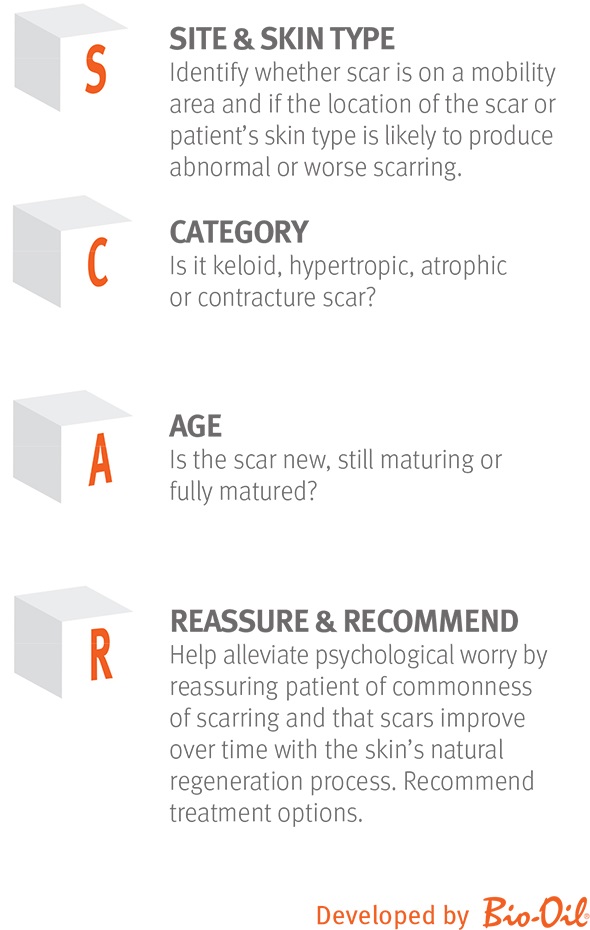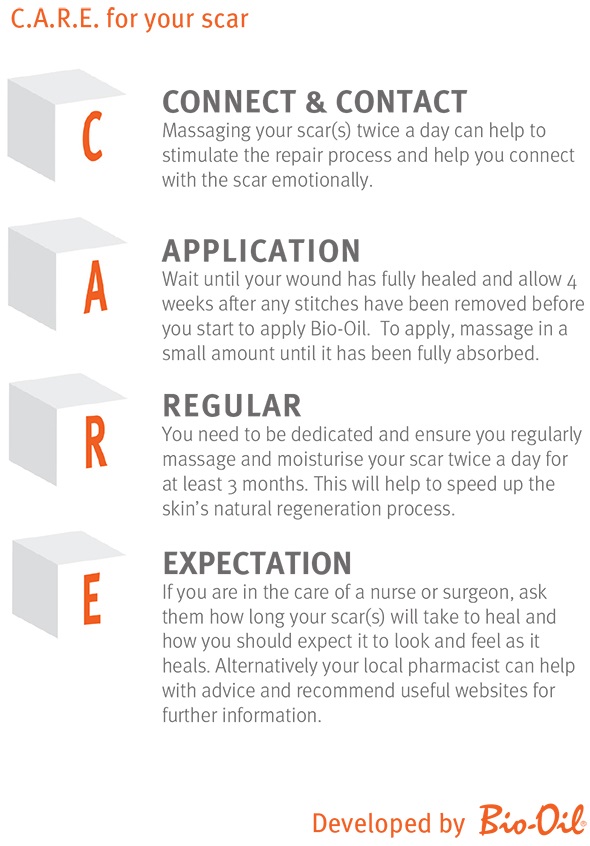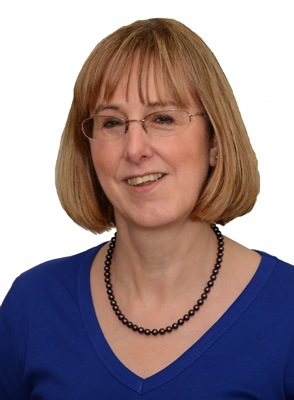The research collated the views of over 900 nurses in the UK, and aimed to assess the real-life experiences that nurses are having with regards to managing patients with scarring, and assess their levels of confidence with providing much needed advice to patients.
The survey assessed the experiences of nurses across many different elements of care including; patient need, the role of nurses, psychological affects, and availability of training and resources.
What were the main findings of the survey?
The survey demonstrated the volume of support nurses are being asked to provide by patients with scarring, with one in five (20%) being asked for advice on a weekly basis.
This demand is coupled with a clear recognition by nurses that they are best placed to provide support to these patients, with 98% agreeing that nurses should be providing advice about scar management.
Nurses identified the barriers they face when managing patients with scarring as:
- Lack of printed information to give to patients (60%)
- Lack of knowledge on scarring (59%)
- Lack of training (59%)
- Lack of tools to support advice giving (45%)
- Lack of time (44%)
60% of nurses surveyed said they would like to improve their knowledge on optimal care for patients with scarring, and 81% cited online training as the most useful source of education.
The optimal time to provide scar advice to patients identified within the survey was, ideally, before the wound has been made (77%) i.e. pre-surgery, or shortly after the wound has healed (52%). Providing optimal advice to patients during this ‘window of opportunity’ can impact the long-term appearance of the scar, set the patient’s expectations, and provide patients with the confidence they need to care for their scar.

Were you surprised by what the survey revealed?
Not at all. Nurses have very little education (on the whole) on caring for patients with scars and meeting their psychological needs. Their initial pre-registration training has to pack so much in that this may not be seen as a priority.
Once nurses are qualified they need to prioritise their educational requirements and find appropriate courses to ensure they are keeping up-to-date.
Courses/modules that have a focus on tissue viability or dermatology will start to look at specific areas/needs that patients with scarring have, but these modules will also be focussing on other areas as well.
What psychological impact does scarring have?
Scarring has been shown to have a significant impact on patients’ lives. As well as the physical burden associated with skin scarring, psychological strains can also negatively affect the quality of life for patients, with the majority (56%) considering themselves to be ‘abnormal’ due to their scars.
The survey revealed that nurses believe all scarring has a psychological impact (71%), as opposed to 38% believing that more visible scarring such as facial would be most impactful.1
Why do you think scars have such a psychological impact?
Society gives importance to how you look. People have a perception of how they look and this has been built up over years. When people get a scar it alters how they perceive themselves.
The area of the body that is scarred will also play a part. Is it in an obvious place? Can others see it? Other factors that will include; how easy it is to conceal with clothes or cosmetic camouflage (make up). People also look at others’ reactions. Are people staring at them? Do health care professionals take their concerns seriously?
When asked why scars have such a psychological impact, the majority of nurses (77%) said that there is too much pressure on people to have flawless bodies. Also featuring highly were unrealistic expectations on how wounds will heal (62%), and the reminder of an unpleasant experience (63%).
What do you think needs to be done to improve support for patients with scarring?
Nurses face very real challenges when managing patients with scarring. Previous research and the new research from Bio-Oil has confirmed that nurses agree that they are best placed to influence patients and instil education and encouragement to patients to help them self -care for their scars, however many things can get in the way of this ideal.
The biggest barriers identified in the Bio-Oil survey were lack of printed information to give to patients, lack of knowledge on the subject, lack of training, and lack of tools to support advice giving.
Interestingly, lack of time featured towards the end of the list, showing that if we provide nurses with the resources they need, their confidence in managing patients may greatly increase.
There are many resources out there to aid nurses when managing patients with scarring. Bio-Oil has worked collaboratively with UK healthcare professionals to launch a new quick reference guide for use during consultations with patients.
The SCAR guide provides a succinct resource to work through with patients, focussing on the key considerations that should be addressed. There is also a handy CARE guide which can be given to patients to help them continue to manage their scar at home. You can find these resources, along with lots of other helpful materials at www.bio-oilprofessional.co.uk.

What can nurses do to improve their knowledge on optimal care for patients with scarring?
- Utilise open access training guides (such as Bio-Oil’s scar management book) to improve own knowledge, and attend further educational sessions (Bio-Oil hold seminars at many primary care conferences across the UK, full list can be found here)
- Have printed out materials, such as the Bio-Oil SCAR and CARE guides that can easily be referenced during patient visits to structure the conversation (download the guides here)
- Encourage self-care by directing patients to online resources to help them care for their scars in the long-term – referring patients to external support for example patient associations / charities, or online forums / support groups can help them to feel supported outside of interactions with healthcare professionals
Where can readers find more information?
The Bio-Oil professional website houses a range of useful educational resources to help healthcare professionals manage patients with scarring, www.bio-oilprofessional.co.uk.
Benefits of Bio-Oil training video for health care professionals

About Adele Atkinson
Adele is currently a principal Lecturer at the Faculty of Health, Social Care and Education at Kingston University and St George’s University of London, focusing on wound management and tissue repair.
Previously Adele worked as a registered general nurse, specialising in wound care and now teaches Tissue Viability to nursing students, medical students, pharmacy students and qualified nurses.
As the author of many books - including working with Bio-Oil to produce a best practice guide to scars titled ‘The psychological effects of scarring’ in 2012 - she continues to provide education for
HCPs in this area.
Adele is on the editorial board of the Journal of Community Nursing and has
also undertaken consultancy work for the Institute of Wound Management.
References
- Independent Nurse survey amongst 982 UK nurses commissioned by Bio-Oil (April 2015)
- Brown B.C., et al. The hidden cost of skin scars: quality of life after skin scarring. Journal of Plastic, Reconstructive & Aesthetic Surgery. 2008; 61, 1049-1058